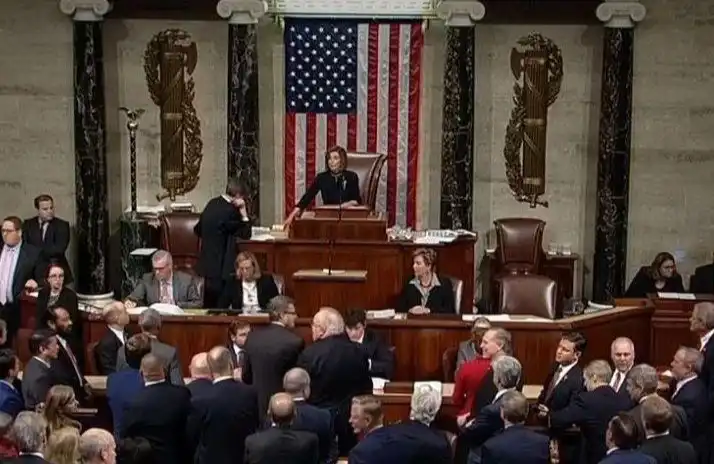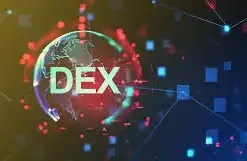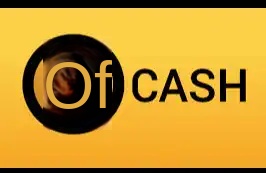Circle accounts and API services now fully support USDC in Solana blockchain format
Original title: "Circle accounts and API services now fully support USDC in Solana blockchain format"
Original source: Solana
Circle announced a partnership earlier this year to bring USDC to the Solana blockchain. Now that all Circle products have fully supported Solana USDC (USDC-SPL), this partnership is fully realized.
Solana is a leading next-generation public blockchain featuring breakthrough scalability, speed, and low cost. Solana supports up to 50,000 transactions per second (tps), completes block generation and transaction finalization within 400 milliseconds, and has extremely low transaction fees of only one cent per transaction. Solana USDC is already supported by leading cryptocurrency exchanges such as FTX, DeFi ecosystems such as Serum and Oxygen Protocol, and Binance’s popular Trust Wallet.
In a very short period of time, Solana has won the favor of DeFi developers, supporting the breakthrough Serum ecology, Oxygen Protocol and the upcoming release, with more than 100 million active users Applications such as Maps. The Solana network has several powerful tools, including Wormhole, a secure decentralized bridge connecting Ethereum to Solana. Circle is excited to power Solana, the full payment and treasury infrastructure built around USDC.
Through a single Circle account, customers around the world can link bank accounts and mint, redeem, store, send and receive Solana USDC.
Businesses, projects and developers developing on the Solana blockchain can also take advantage of Circle's robust suite of API services for financial, commerce and payments applications. The Circle API service lets businesses settle payments in USDC from cards, wire transfers, and ACH bank transfers, manage account numbers, securely host USDC for customers, and automate on-chain transactions. Now that these powerful services are available to all Solana developers, they can start developing right away in Circle's full-featured developer sandbox.
Through our multi-chain authorized reseller program, exchanges, wallets and custodians that natively support SolanaUSDC are able to integrate via the Circle API for free. This is part of Circle’s broad multi-chain initiative to enable greater interoperability and liquidity across blockchains, and to fulfill Circle’s mission of making the financial system accessible to the masses. The service simplifies USDC transactions on blockchain-enabled blockchains for ecosystem partners, enabling interoperability and a more seamless customer flow.

FAQ
< p>How to get USDC on Solana?
All Circle products, including Circle accounts and APIs, support Solana USDC. Customers can convert it to Solana USDC via bank account transfer, send and receive USDC on Solana, and convert USDC on Solana back to a bank account. Payments, Payments, Digital Dollar Accounts, and Marketplace API products that function the same as other supported blockchains (Ethereum and Algorand).
Is there a fee for the conversion between tokens?
No. There is no fee to convert tokens across blockchains. Circle acts as a bridge to all USDC-enabled blockchains using a free "swap mechanism," allowing Circle users to send and receive USDC* between USDC-enabled blockchains via Circle addresses for free.
Why is this an important milestone?
Solana support in the Circle API is a key step in our efforts to make USDC cross-chain. The expansion of Solana brings innovations in speed, scale, and cost efficiency to developers, addressing fast-growing financial and consumer stablecoin use cases.
*After the user generates a cross-blockchain conversion deposit address, Circle will charge 100 for each newly opened deposit address USD fee.
About Solana
Solana is a fast, secure, censorship-resistant blockchain designed to provide an open infrastructure for global-scale applications. Founded in late 2017 by former Qualcomm, Intel, and Dropbox engineers, Solana is a single-layer blockchain using a delegated proof-of-stake protocol focused on providing scalability without sacrificing decentralization or security. Currently, Solana's TPS is up to 65,000, the block time is about 400 milliseconds, the number of global nodes exceeds 300, and the cost of a single transaction is as low as $0.00001.
Solana has the three cores of scalability, decentralization and low cost. Currently, the maximum TPS can reach 50,000+, and the block time About 400 milliseconds, the number of global nodes exceeds 300. So far, partners who have developed or reached cooperation on Solana include Serum, Tether, USDc, Dfuse, Kin, Torus, Chainlink, Terra, Stardust, Arweave, Pocket, Audius and many other projects, and the ecology is still developing and expanding.
The core of Solana's scaling solution is a decentralized clock called "Proof of History (PoH)", which aims to Solve time problems in distributed networks that lack a single trusted source of time. With a verifiable delay function, PoH allows each node to generate timestamps locally using the SHA256 algorithm. This eliminates the need to broadcast timestamps across the network, improving overall network efficiency. At the same time, Solana has a detailed expansion plan. With the improvement of hardware, broadband, and network capacity, network performance will expand accordingly, and will eventually support Internet-scale blockchain applications.
Original link
Welcome to join the official BlockBeats community:
Telegram Subscription Group: https://t.me/theblockbeats
Telegram Discussion Group: https://t.me/BlockBeats_App
Official Twitter Account: https://twitter.com/BlockBeatsAsia


 Forum
Forum Finance
Finance
 Specials
Specials
 On-chain Eco
On-chain Eco
 Entry
Entry
 Podcasts
Podcasts
 Activities
Activities
 OPRR
OPRR








